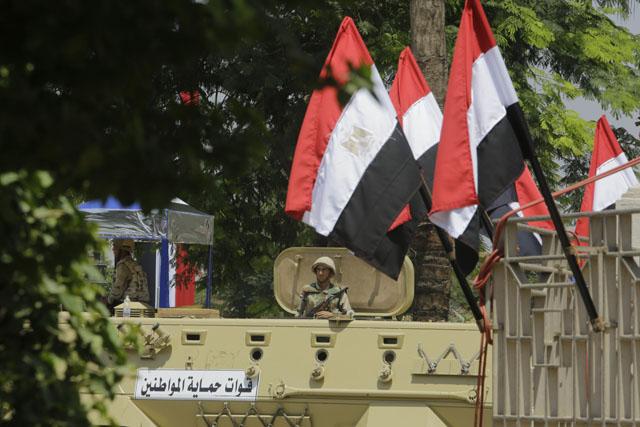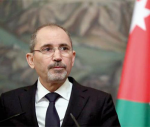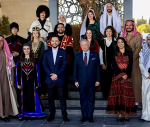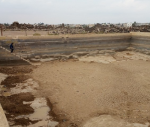You are here
Efforts to address extremist thought ‘lack synergy’ — scholars
By Dana Al Emam - Mar 09,2016 - Last updated at Mar 09,2016
AMMAN — Amidst efforts to fight radical ideology in Jordan and elsewhere, Islamic scholars said there is a need to overhaul the preaching process at mosques in order to adopt a "knowledge-based" approach.
In separate phone interviews with The Jordan Times, field experts agreed on the significance of mosques as platforms to promote the teachings of moderate Islam and to refute extremist ideology that some groups preach in the name of Islam.
Awqaf Ministry’s Secretary General Abdul Munem Hiyari said the ministry engages imams and preachers in a training programme that seeks to emphasise moderate thought and to confront extremist ideology and highlight its hazards.
Hiyari noted that the programme takes place in all governorates and has also included some 150 female religious preachers as well.
The official noted that the ministry also directs preachers to allocate a single Friday sermon each month to educate the public on extremism and its adverse effects from the viewpoint of true Islam.
Meanwhile, Mohammad Nouh Qudah, a former youth and awqaf minister and a celebrated moderate Islamic figure, said that the three major players in thought-formation: media, education and mosques, work in isolation from each other, a matter that prevents the three from achieving their goals.
He said the performance of national and international media outlets leaves a lot to be desired; therefore mosque preachers feel compelled to make up for what is missing.
Furthermore, the national education system lacks a well-studied religious studies curriculum, which is “spread thin” as it covers a large number of topics. “This is where preachers feel they need to fill a gap”, Qudah said.
However, he raised a central question regarding the competence of preachers as “thought leaders”, explaining that some of them have not finished their high school education.
Another issue is the shortage in the number of preachers in light of low turnout of Sharia graduates to work as preachers.
In order to provide preachers with correct information, Qudah suggested that the ministry holds meetings for its consultants and scholars with mosque preachers, where the former explain extremist thoughts and actions to the latter and clarify solutions that preachers can discuss in their sermons.
Marwan Faouri, the secretary general of the International Forum for Moderation, said on Friday sermons should only be held in “major mosques” and delivered by competent preachers and specialised university professors.
Although the idea of major mosques is applied in some governorates, it may not be practical to copy in the capital or other major cities, as the number of Friday’s prayer-goers is “very high”, according to Hiyari.
The “general discourse” addressing extremism is not enough, as preachers should deconstruct the extremist ideology in order to appeal to the younger generation, a crucial segment in the society when handling anti-radicalism, said Faouri, a former leader of the Islamic Centrist Party.
Meanwhile, he said the government’s methods for dealing with “off track” preachers should be based on dialogue that aims to correct their understanding of religion, rather than in detaining them and making them “popular heroes”.
Related Articles
Egypt has banned unauthorised preachers from giving sermons or teaching Islam in mosques and other public places, according to a decree on Saturday marking a further step in official efforts to curb Islamist influence.
University of Jordan professors and students recently discussed ways to combat extremism in a seminar titled “No to Extremism and Terrorism” at UJ’s Islamic Cultural Centre.
Fighting terrorism and extremist ideologies starts with giving women and young people in the region their rightful place in the community, Muslim scholars and opinion leaders said Saturday.


















